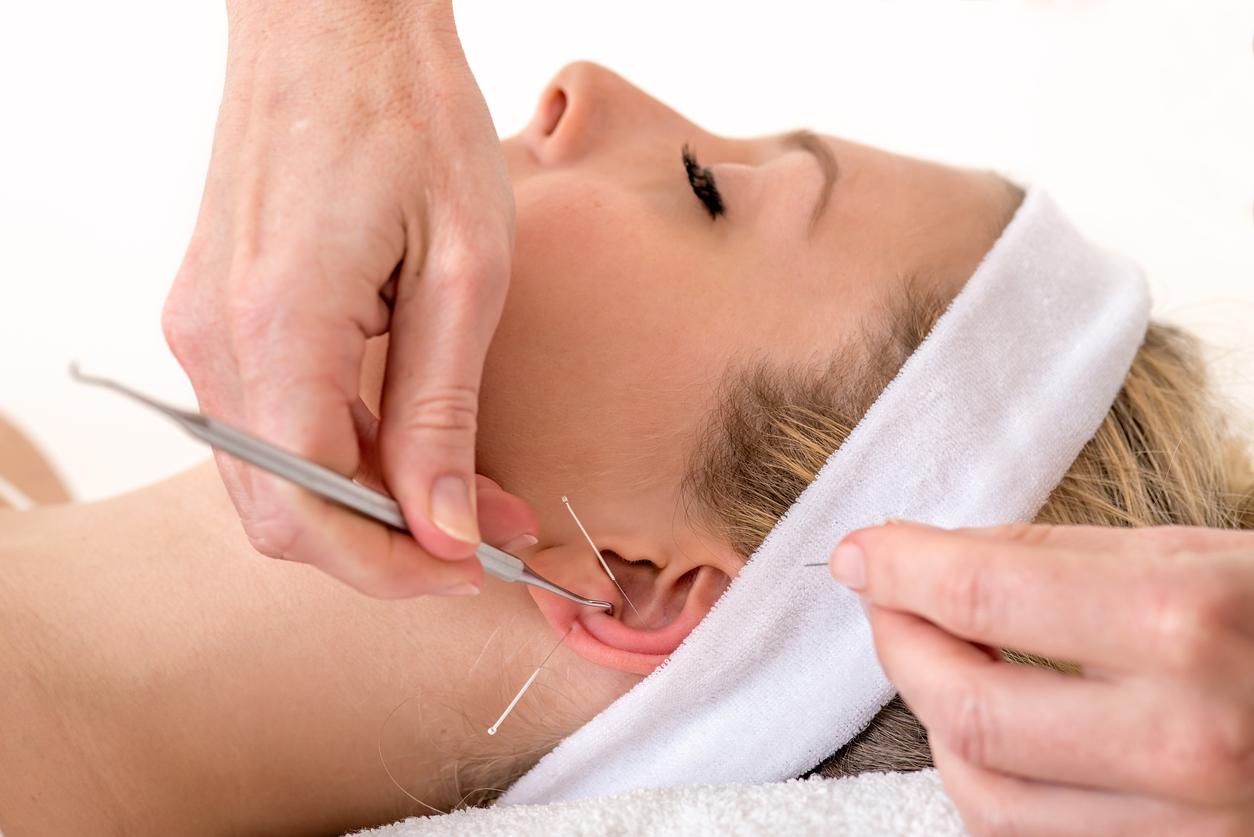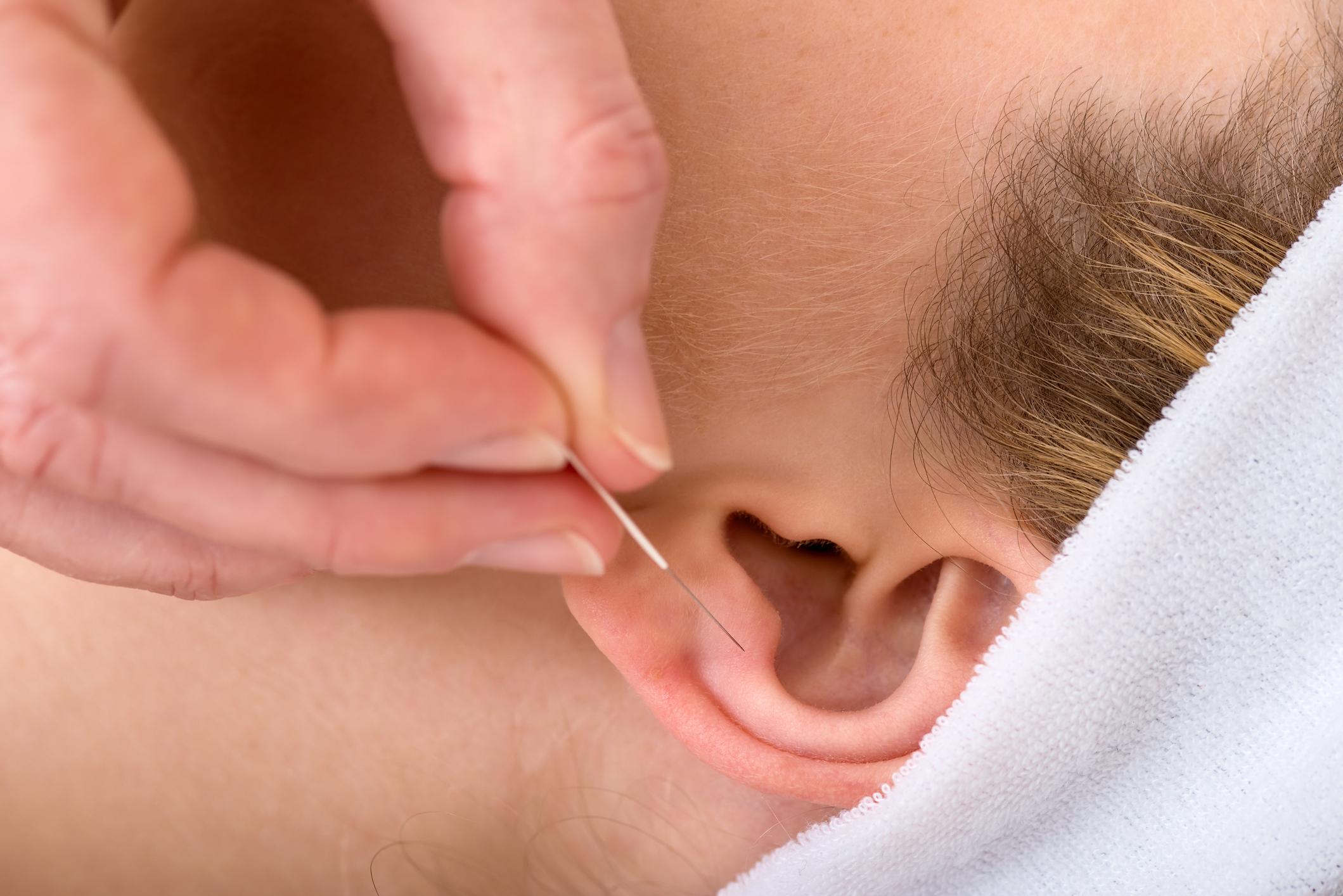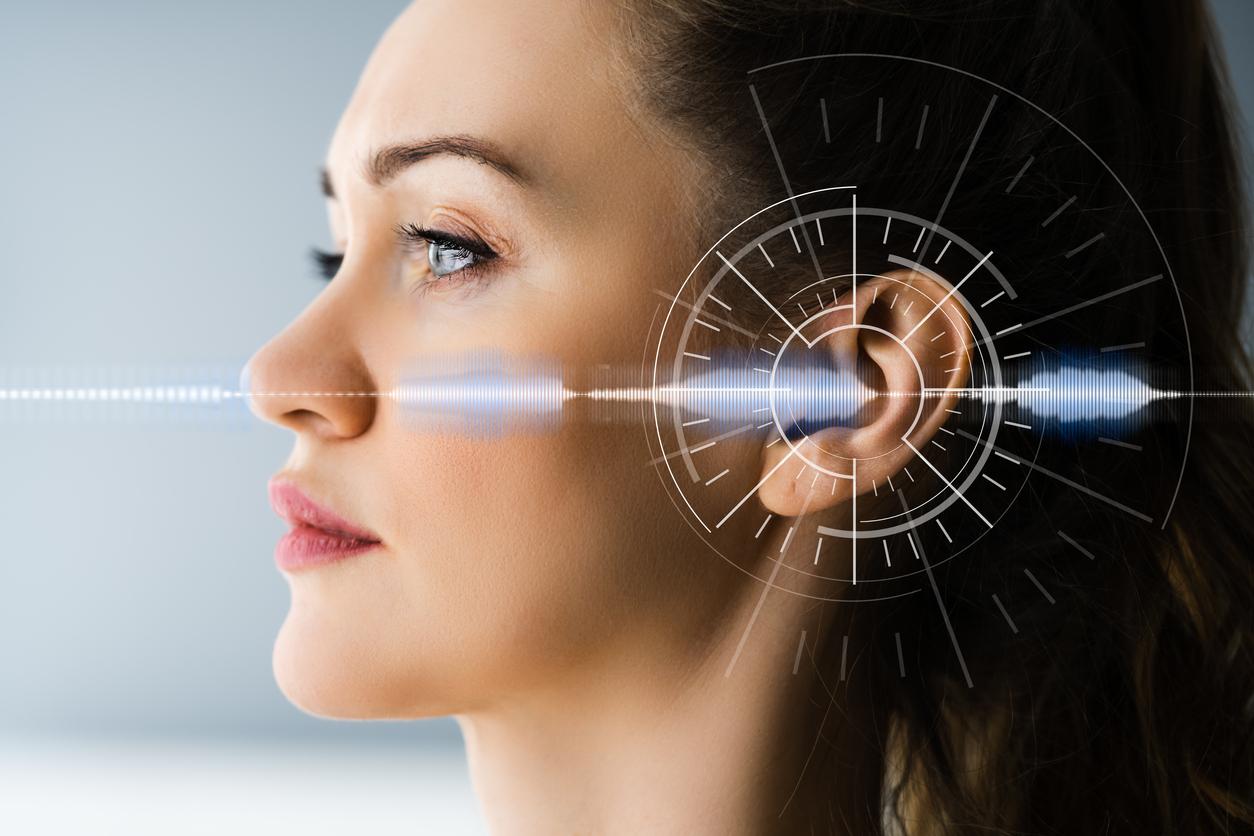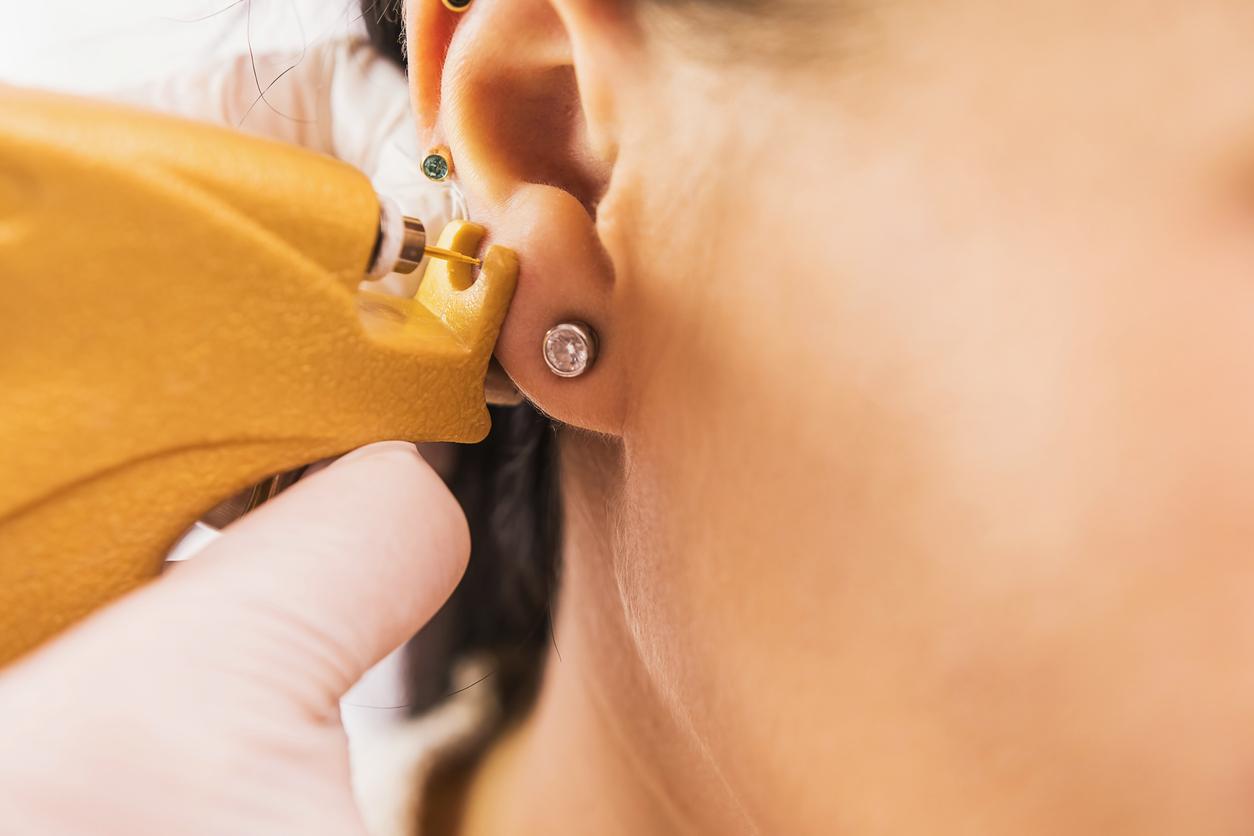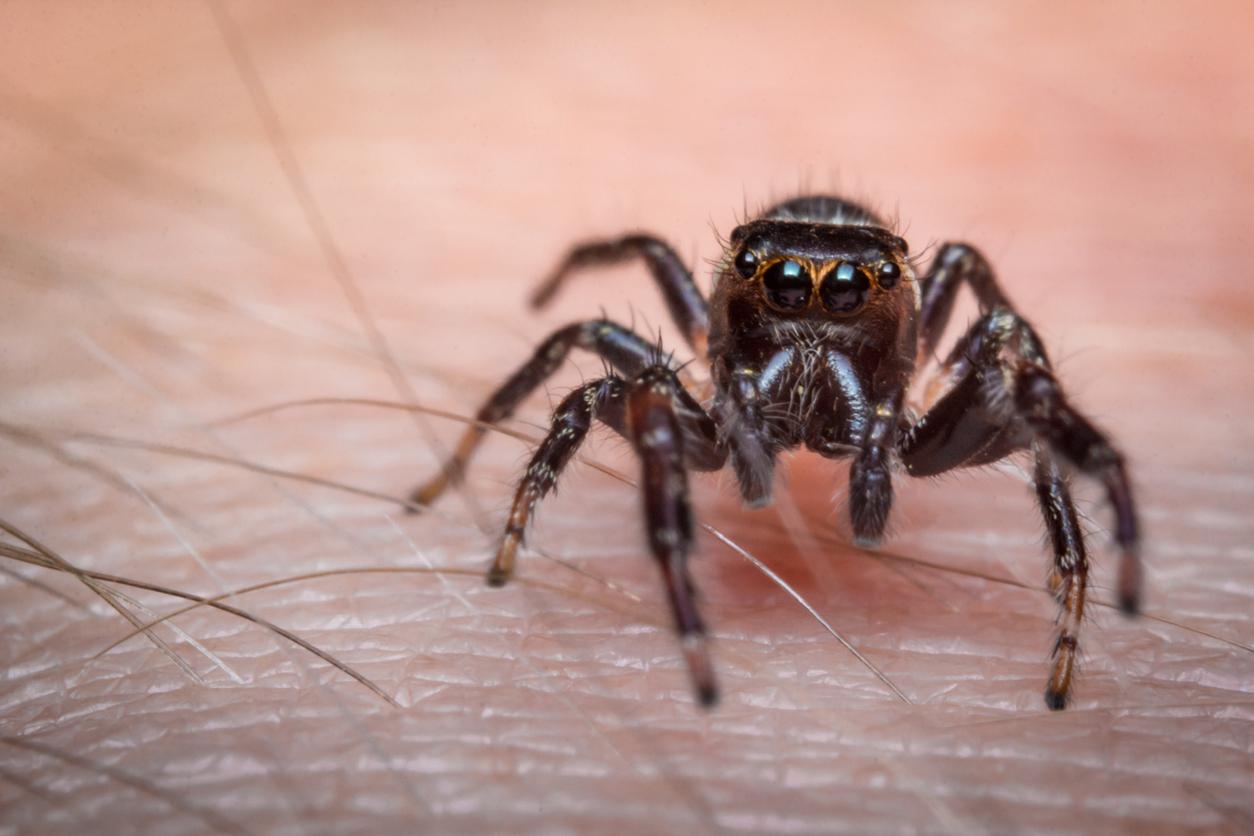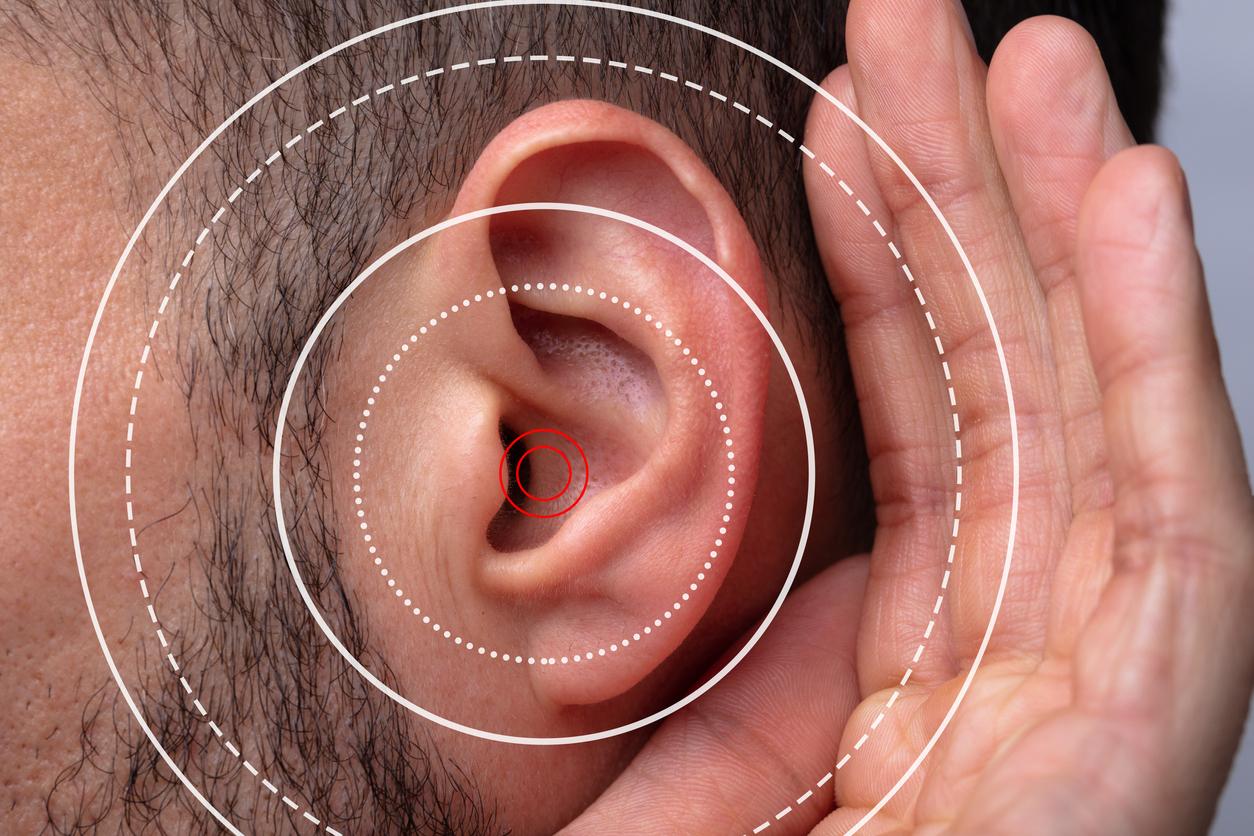May 6, 1998 – The prospective study referred to here took place at the Haunersches Kinderspital, Munich, Germany. Its objective was to compare two methods of treatment of otitis of the middle ear, by a homeopath and four orthodox otolaryngologists, in a pediatric population.
Group A, made up of 103 children, received unicist homeopathic treatment (Aconite, Apis, Belladonna, Capsicum, Chamomilla, Kali bichromicum, Lachesis, Lycopodium, Mercurius sol, Okoubala, Pulsatilla and Silicea) while group B, made up of 28 children, received nasal drops, antibiotics, secretolytics and / or antipyretics. The children were aged 6 months to 11 years in both groups.
The items measured were: duration of pain, duration of fever and number of relapses in the year following treatment. Secondary measures were: improvement after 3 hours, audiometry and tympanometry results, and the need for additional treatments.
The results showed that the mean duration of pain was 2 days in group A and 3 days in group B. The duration of treatment was 4 days in group A and 10 days in group B (this being due to the fact that antibiotics are usually given over a period of 8-10 days, while homeopathic treatments can be stopped earlier when the healing process has started). In group A, 70.7% of the children had no relapses during the year and 29.3% had a maximum of 3 relapses. In group B, 56.5% had no relapses, and 43.5% had a maximum of 6 relapses.
Of the 103 children in group A, five subsequently received antibiotics. The other 98 received only homeopathic treatments and had good results. No permanent sequelae were observed in any of the groups, which suggests that homeopathy could be considered as a first-line treatment in cases of acute otitis of the middle ear.
Friese KH, Kruse S, Lüdtke R, Moeller H, The homeopathic treatment of otitis media in children: comparison with conventional therapy, Int J Clin Pharmacol Ther. 1997; 35: 296-301
HealthPassport.net
From Alternatives Therapies in Health and Medicine, vol. 3, no 6, 1997










